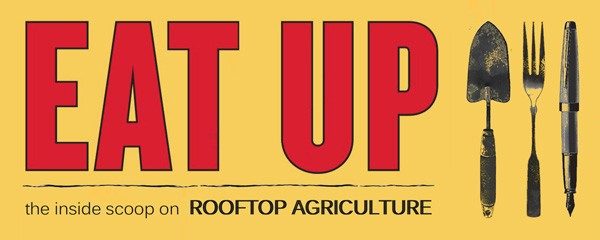trend setter

Friends Center (photo courtesy of Roofmeadow)
Charlie Miller knows green roofs. As the founder of one of the oldest green roof firms in North America, Charlie is a leading force in pioneering the green roof industry in this part of the world. He is fondly regarded within the industry as the “father of green roofs” and the “green roof guru,” and is well respected by practitioners and policymakers alike.
I have the pleasure of working for Charlie at his Philadelphia-based firm, Roofmeadow (formerly Roofscapes), where scientific and philosophical discourse is commonplace. Charlie and I discussed the intricacies of rooftop agriculture last week, and here are some candid excerpts from the interview:
LM | Have you ever written a specification for rooftop agricultural soil?
CM | I have, but I don’t consider myself to be an expert. My opinion is that agriculture is a very diverse activity, and the types of media are going to be very varied depending on the project. The one size fits all perspective for rooftop agriculture is even less likely that the one size for green roofs… Religion and agriculture are both fields where subjective experience trumps science. There are too many variables.
LM | What material do you prefer to use to frame rooftop raised beds?
CM | I would go with Trex or an environmentally friendly, semi-durable material… This isn’t agriculture in the normal sense… You make material choices that are more based on aesthetics and environmental messaging.
LM | What are the most significant barriers to the success of a widespread rooftop agricultural movement in the U.S.?
CM | The same as there is to agriculture everywhere in the United States. The cost of food in the U.S. is the only commodity that has steadily decreased in absolute price for the last 100 years. The price we pay for food today is based on economies of scale and cheap labor. You don’t want an urban agricultural movement to propagate those evils into a city. You want to think that rooftop agriculture can provide a living wage and work on a human scale that provides an intimate relationship between people and their food.
 EAT UP
EAT UP